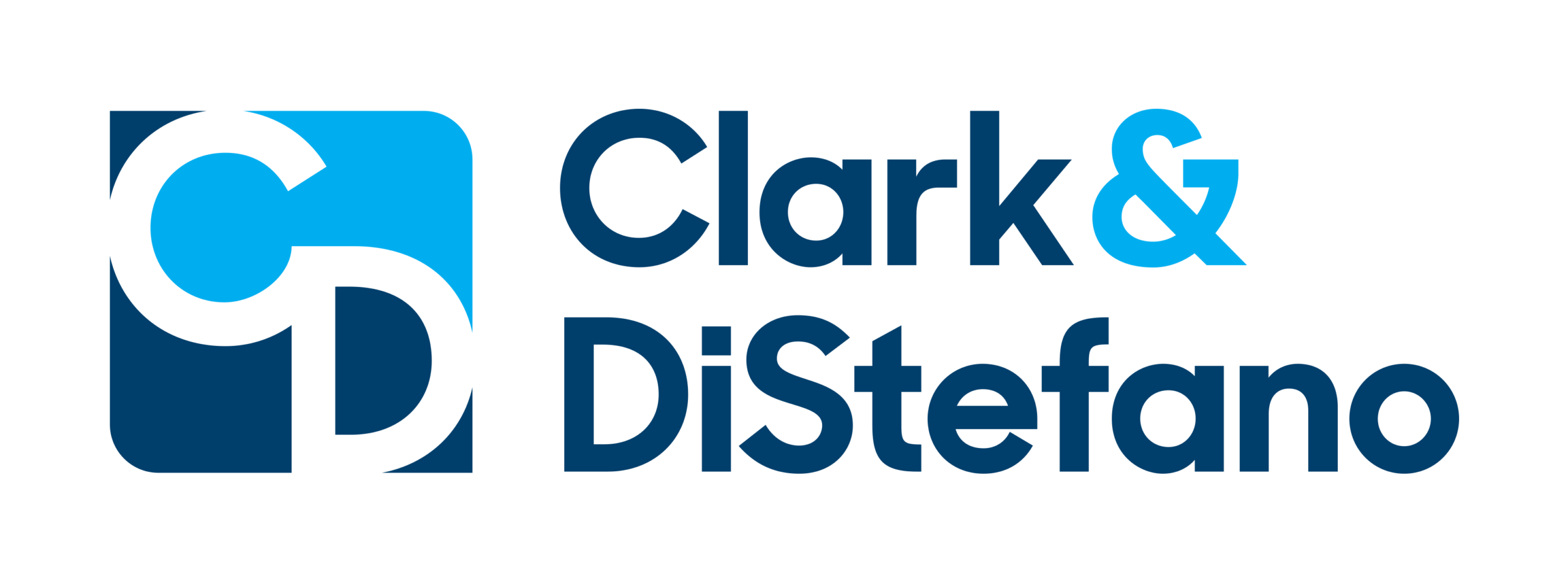Purdue Pharma, the maker of OxyContin, has agreed to plead guilty to three federal criminal charges for its role in creating the nation’s opioid crisis and will pay more than $8 billion and close down the company. The money will go to opioid treatment and abatement programs. The privately held company has agreed to pay a $3.5 billion fine as well as forfeit an additional $2 billion in past profits, in addition to the $2.8 billion it agreed to pay in civil liability. Drug Enforcement Administration (DEA) Assistant Administrator Tim McDermott said:
Purdue Pharma actively thwarted the United States’ efforts to ensure compliance and prevent diversion. The devastating ripple effect of Purdue’s actions left lives lost and others addicted.
Because Purdue doesn’t have $8 billion in cash available to pay the fines, the company will be dissolved as part of the settlement. Purdue’s assets will be used to create a new “public benefit company” controlled by a trust or similar entity designed for the benefit of the American public. The Justice Department said the new company will function entirely in the public interest rather than to maximize profits. Future earnings from the new company will go to paying the fines and penalties, which in turn will be used to combat the opioid crisis.
That new company will continue to produce painkillers such as OxyContin, as well as drugs to deal with opioid overdose. Deputy Attorney General Jeffrey Rosen, who announced the settlement, defended the plans for the new company to continue to sell that drug, saying there are legitimate uses for painkillers such as OxyContin.
The plan is for the company to make life-saving overdose rescue drugs and medically assisted treatment medications available at steep discounts to communities dealing with the opioid crisis.
We're here to help!
At Clark & DiStefano we are attentive, always focusing on the needs of our clients. We develop strategies that are tailored to each individual case, and we treat our clients as strategic partners in achieving a common goal. We endeavor to think outside of the box and formulate cost-effective strategies. Lastly, we believe in prompt communications with clients so they have predictability for reserve setting and sufficient time for studied pre-trial evaluations and recommendations.
[forminator_form id="40"]
